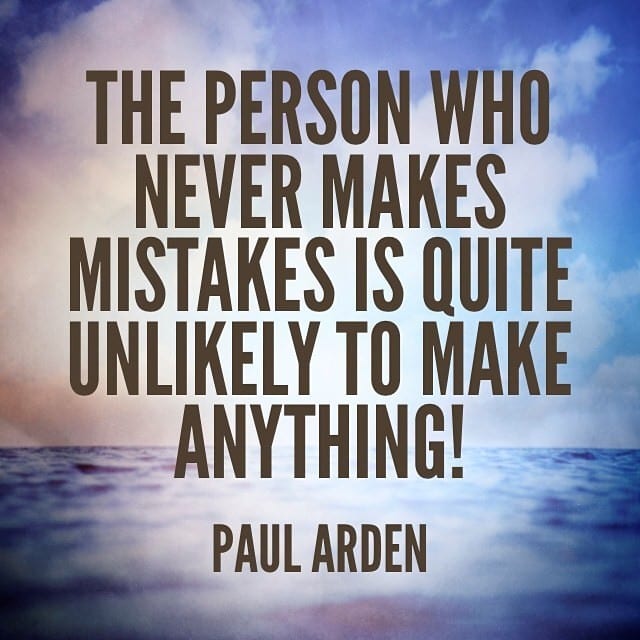5 Tips on How to Better Your Time Management
In a world where it is getting difficult to spare even one moment for personal salvation, time is of the utmost essence. The world is progressing at a pace that is becoming more and more rapid daily. The days seem to be getting shorter and there are somehow not enough hours to deal with the huge bulk of tasks that await us. We all know how it feels like to wake up regretting the procrastination we thought wouldn’t have that big of an impact.
This is the reason time management is fast becoming a necessity instead of a choice.
If you want to be able to breathe without feeling suffocated, then you need to start working towards managing your time. It is the only way to make your day more productive without cracking under the pressure. Due to the rising need, time management has now become a process that must be treated like any other value-generating function. It has become a proper discipline and more people are working towards refining it.
Here are a few tips that will revolutionise your entire schedule and assist you in dealing with the daily stress without losing your sanity.
- Make use of resource planning software
This first tip is especially important for busy businesses. Resource planning software is a blessing when it comes to efficient time management. These tools assist you in planning out your day and completing your tasks on time. Any business is founded on the belief that time is money for everyone and that making the most out of it is everyone’s aspiration.
These systems are designed to save your valuable time and improve project delivery. This will help you delegate projects to the right people, improve the quality and speed of work, and take productivity to a new level.
If you’re looking to make use of resource planning software, an example I found that’s worth looking into is timewax (https://www.timewax.co.uk/) which is a highly proficient and reliable resource planning application for businesses of all sizes and nature. It is a multi-platform solution that travels with you wherever you go, on your desktop or your mobile devices, offering the freedom to work without wasting time. If you are looking to give your profits a significant turnover, then Timewax is your go to time management assistant.
- Prioritise Intelligently
One of the secrets behind the lives of those who seem to have it all together is that they have learned the art of prioritising. Instead of allowing the daily workload and endless chores bring you down, make a list of all your tasks and then break them down into several categories for your own ease. Prioritising will help you plan your time in a better and more productive manner than if you haphazardly attempt to check items off your to-do list.
Here are four priority categories you can jot down and fill in according to the urgency of the tasks at hand:
- Important and critical– Tasks that are high priority and must be done no matter what. These are the tasks you should start with.
- Important, but not critical– These jobs are ones that seem to be important at first glance, but after a closer look do not make it to the list of tasks to be completed urgently. Note down a slot for each of these responsibilities and complete them according to your decided schedule.
- Critical, but not important: These chores are a nuisance as they are not of any real value, but gain importance because of the ‘noise’ they make. Make efforts to delegate such tasks to someone else and if not possible, attempt to give them average precedence.
- Not important and not critical: These are the responsibilities you can do without as they only clutter your day and make you busier than you actually are. It is best to delegate these tasks so that the time saved can be utilised for priority tasks.
- Learn to Plan Ahead
One of the worst blunders you can make to ruin your entire day is to jump in without having a clear picture of what you are expected to accomplish. The time you spend planning the events of your day is trivial compared to the time you will waste jumping from one task to another, desolately trying to accomplish everything. There are two time-frames for you to plan out your schedule, depending on whether you are a night person or a day enthusiast:
- The night before: Take fifteen minutes out before you start your bedtime routine to note down the tasks that are waiting for you when you wake up. Getting up the next day with everything already planned out will give you a sense of calm and kick-start your day on a good note.
- First thing in the morning: After getting ready to face the day, sit down and plan your day before leaving for your first assignment.
- Set deadlines
Even when our days are filled with an endless list of tasks, we still somehow manage to waste time procrastinating or doing things that we can definitely do without. Setting specific deadlines for every task you need to finish will help you keep your schedule and avoid losing precious time.
Try to set a deadline that is a few hours earlier so that you can take care of any tasks that emerge suddenly. It is helpful to challenge yourself and setting a reward for yourself for completion of the chore will do wonders for you.
Keep your eyes on the clock and do not let anything divert your focus and attention. Set rewards for completing your task on time.
- Utilise Your Downtime Efficiently
This certainly does not mean that you spend all of your downtime planning and prioritising further, as it will just elevate your stress levels and make you incompetent. If you find yourself stuck in morning traffic or sitting in the waiting room before a meeting, then finalising your dinner plans or putting together a grocery list will help manage your time efficiently. However, make sure you spend some of this extra time relaxing and catching your breath as overworking your mind will lead to premature fatigue before the day is even half over.
Time management is a skill that everyone needs to master. Be it a student attending music lessons after school or a business person running from one meeting to another. Stressing out about having too much to do in an inadequate amount of time will only result in you almost getting a brain haemorrhage!
Make use of these tips, get help where you can, invest in the right technology and watch your life take a turn for the better. You will be able to spend some quality time with your loved ones without having to feel guilty about sacrificing the time you could have spent on completing your tasks.






